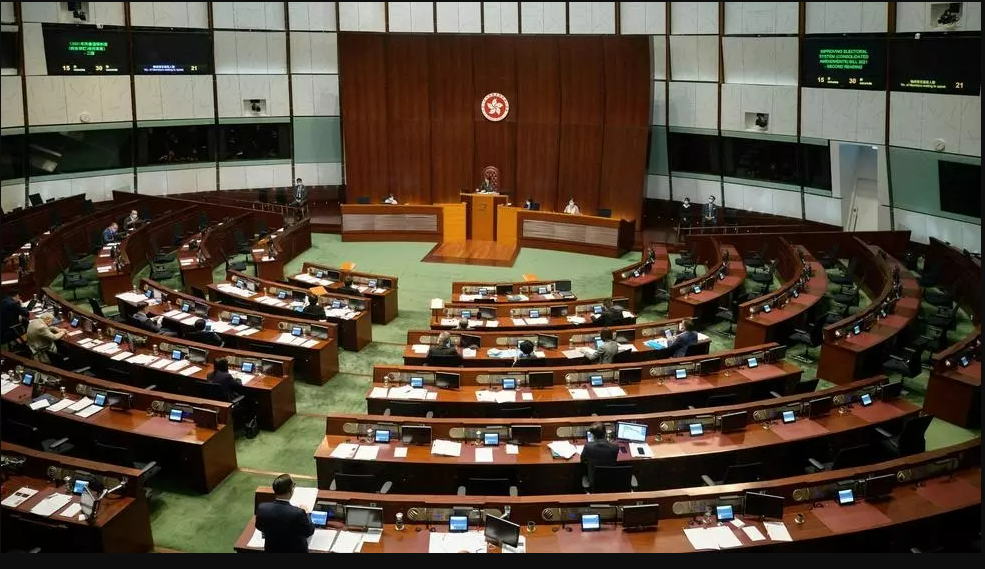8 February

Legislature of Hong Kong (photo credit: Anthony Wallace/AFP)
Hong Kong began the process of enacting a domestic security law on January 30, when Chief Executive John Lee launched a four-week public consultation period for the controversial legislation required under Article 23 of the city’s mini-constitution. [...] According to the public consultation document, the new legislation covers five types of crime: treason, insurrection, theft of state secrets and espionage, sabotage endangering national security, and external interference. While most of the offences have been modelled on amendments of existing laws, such as expanding the definition of treason, a series of new offences have been suggested to deal with acts linked to “serious civil disturbance within China” and “modern-day modes of espionage.” [...] The post-Handover Tung Chee-hwa administration first proposed implementing Article 23 in 2002, receiving over 90,000 submissions during a three-month public consultation period. From local pro-democracy parties to international NGOs, groups across a range of sectors opposed the move, calling it a threat to Hong Kong's freedoms. The banking and business communities also said they feared the proposed law would undermine the city's transparency and openness of information. [...] After Tung's failed attempt to pass Article 23, successive administrations said they had no timetable for restarting legislative work. The then-chief executive Leung Chun-ying said in 2016 after the oath-taking saga - when incoming pro-democracy lawmakers lost their seats after being accused of taking their oaths improperly - that a local security law had "now become a practical question." Still, authorities did not announce plans for legislation. [...] This time round, public opposition will likely be muted. Dozens of civil society organisations and a variety of media outlets have shut down in the wake of Beijing's security legislation while a political revamp made it near-impossible for pan-democrats to secure a seat in the legislature.
Read the full article here:
Hong Kong Free Press


Comments
Post new comment